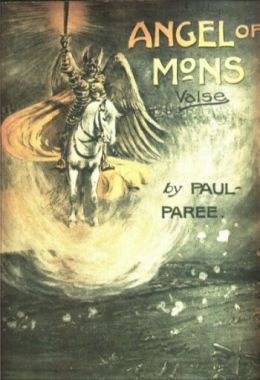When we left Mons, Belgium and Le Cateau, France we visited the battlefields of the Somme with guides Tony and Nicky Bird . At the banks of the Sambre-Oise Canal I stood where I would have been able to see Lieutenant Wilfred Owen, the finest and most important poet of the war, in a small boat trying to cross.
As was so often the case, the action Owen and his men were expected to carry out was difficult in the extreme. A pontoon bridge and rafts were being laid across the canal. The location was under heavy and constant machine gun fire. But the soldier must obey.
Owen was shot and killed while trying to cross the canal. For a moment I was seeing it happen  before my eyes. Once in a while, especially when I hear certain songs, my chest tightens and sobs arise. This happened to me while I stood on the banks of the narrow Sambre-Oise Canal and looked at the water.
before my eyes. Once in a while, especially when I hear certain songs, my chest tightens and sobs arise. This happened to me while I stood on the banks of the narrow Sambre-Oise Canal and looked at the water.
Lieutenant Owen was shot and killed a week before the Armistice was signed. At the moment when church bells were ringing in England to celebrate the Armistice, Owen’s mother was handed the telegram announcing that her son had been killed.
Owen’s war poetry is not like that of Rudyard Kipling or Rupert Brook, who both glorified war. His was of the horror and ugliness, the brutality and pointlessness of it. In the “The End” he asked:
Shall Life renew these bodies? Of a truth
All death will he annul, all tears assuage?
Or fill these void veins full again with youth,
And wash with an immortal water, age?
The answer to these rhetorical questions is No. These few lines convey a sense of Owen’s view of war.
His mother, Susan Owen, quoted from these lines for her son’s gravestone. However, she removed the question mark after the second sentence, reversing her son’s poem’s very meaning. And she left out the rest of the stanza. She thought it better to let those who view his grave, which is frequently visited, thing that he believed that God (he) will cancel (annul) death, that there is life after. This is not what her son wrote.
I have had an academic interest in World War I for a long time. My Masters thesis was on a tetralogy, (four related novels) about the First World War, Parade’s End by Ford Mattox Ford. In my study for that work I also read deeply in the poets of the war, especially Wilfred Owen and Sigfried Sassoon.
I am also a poet, having had five books of poetry published. Poets often feel a kinship with one another. So while I was surprised at the depth of my emotions, I was not surprised that I was moved. I am grateful for being at that place, having those emotions, and, in that small way paying tribute to Owen. I thank him for helping shape my own attitude toward war when I read him years ago.

